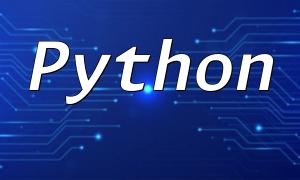PHP is a widely-used scripting language originally designed for web development. Over time, however, it has evolved into a powerful programming language. PHP can run on different platforms and supports the development of a wide range of applications. Moreover, PHP is free and open-source, making it particularly attractive for developers using operating systems like Linux.
PHP supports two main execution modes: interpreted execution and compiled execution. Each mode has its unique features, and understanding these modes is essential for developers.
In PHP's interpreted execution mode, the PHP script is parsed and executed at runtime. In other words, every time a request for a PHP file is received by the server, the PHP interpreter reads the script, compiles it into bytecode, and then executes the bytecode line by line. This approach is straightforward, but execution is generally slower since the code is interpreted each time it runs.
Here’s an example of PHP code in interpreted execution mode:
Starting from PHP version 5.5, PHP introduced compiled execution mode. In this mode, the PHP script is first compiled into intermediate code (Opcode) and stored in a cache. This cached code can be reused in subsequent requests, eliminating the need to recompile the script each time, which significantly improves execution speed.
While PHP 5.5 and higher versions support compiled execution, the runtime environment will ultimately decide whether interpreted or compiled execution is used.
Here’s an example of PHP code in compiled execution mode:
PHP is a popular language for web development and has many advantages:
Despite its many advantages, PHP also has some drawbacks:
Overall, PHP is a powerful and versatile scripting language that runs on multiple platforms. It supports two execution modes—interpreted and compiled—offering flexibility to developers. While PHP has numerous advantages, such as fast development, strong community support, and speed, it also has its downsides, including security concerns and performance issues. Developers should choose PHP based on the specific needs of their projects.









